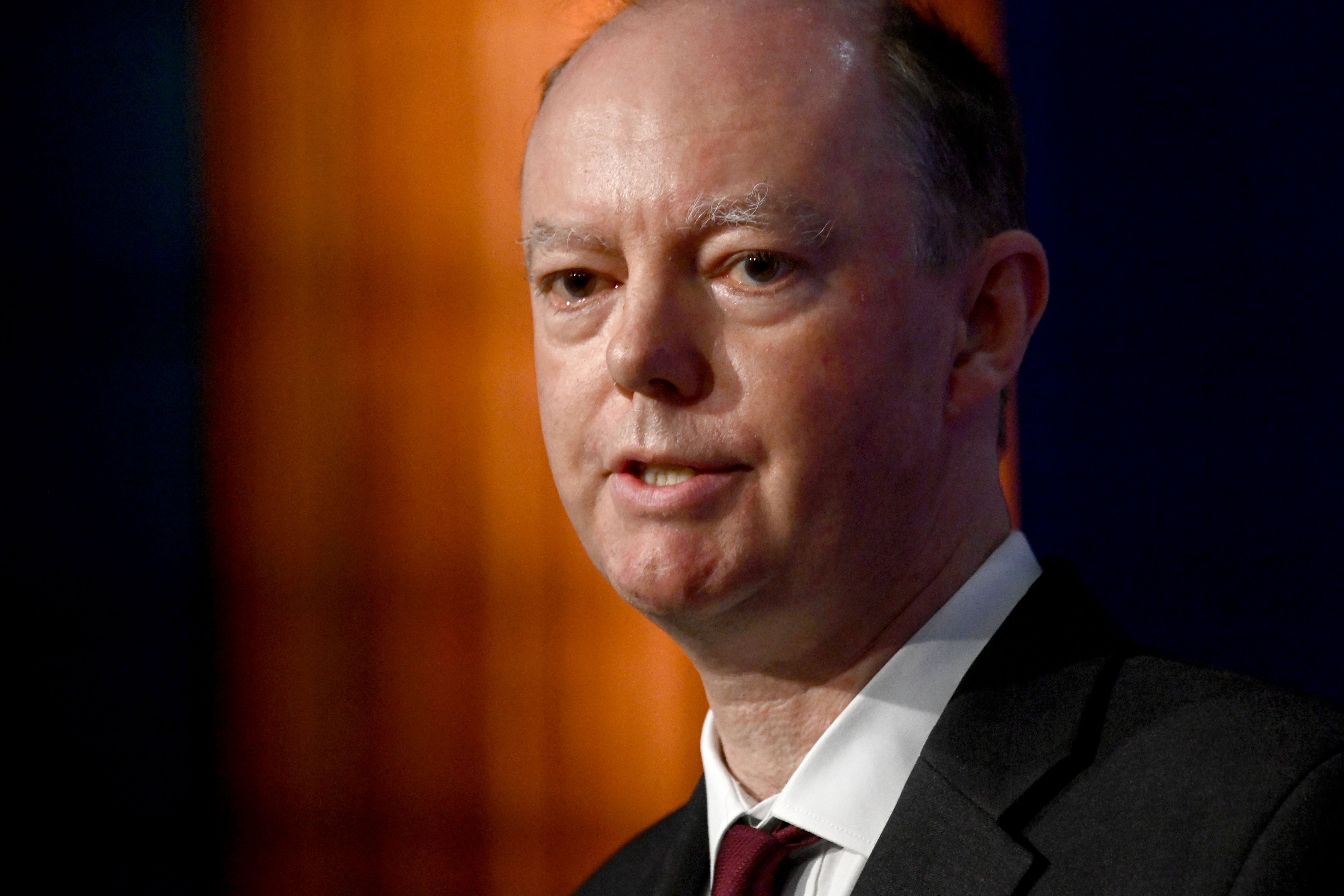If we need more Covid restrictions, Boris Johnson must follow the scientific advice
Editorial: If further measures are needed, we can be confident that the scientific advisers will reach the right conclusions and that they will prevail

In the current state of alarm about the rapid spread of the Omicron variant of coronavirus, several assumptions need to be tested before they are dismissed. First, it has been claimed that the prime minister has been so weakened by the rebellion of 101 Conservative MPs on Tuesday that he dare not impose further restrictions, even if the scientists advise him to.
This seems unlikely, given that Boris Johnson pressed ahead with the plan B restrictions knowing that he would have to rely on Labour votes to get them through parliament. He had to choose between his backbench dissidents on one side and the scientific advice and public opinion on the other, and he made his choice. Faced with the same choice over a move to plan C, we believe he would make the same decision.
Then it is alleged that the case for further restrictions is overwhelming, and that the government is putting lives at risk by failing to impose them right now. Some of the reports of the leak of minutes from the meeting of the Scientific Advisory Group on Emergencies (SAGE) on Friday implied that scientists were calling for the immediate imposition of new restrictions. This is not the case.
Talking about a possible rise in hospitalisations to 3,000 a day, the minutes say: “If the aim is to reduce the levels of infection in the population and prevent hospitalisations reaching these levels, more stringent measures would need to be implemented very soon.”
The minutes emphasise the “many uncertainties” of these forecasts, and Professor Chris Whitty, the chief medical officer, told MPs at the select committee on Thursday that he was not yet ready to say further restrictions were needed, because “there are some really key bits of information we do not yet have”.
Although some scientists have tended to the view that early and drastic action is always needed to curb the spread of the virus, Prof Whitty has always recognised the need to strike a balance with the wider harms to young people’s education and to the economy.
It seems likely, therefore, that the government is responding to a rapidly changing situation in roughly the right way. It makes sense to brief cabinet ministers on the latest information, and to use a Cobra meeting to assess the figures and share them with the devolved administrations.
To keep up to speed with all the latest opinions and comment sign up to our free weekly Voices Dispatches newsletter by clicking here
If further measures are needed, we can be confident that Prof Whitty and Sir Patrick Vallance, the chief scientific adviser, will reach the right conclusions and that they will prevail. Naturally, they will maintain the polite fiction that they merely advise, and that ministers make the final decisions. But the truth is that if the situation is serious enough, ministers will act on their advice. There is some scope for political interpretation of the advice, and for trading off some measures against others – which is what Saturday’s cabinet consultation was probably about – but not much.
In the end, the prime minister will not want to depart too far from the scientific advice, or from the centre of gravity of public opinion, both of which are likely to favour further restrictions the moment the numbers suggest they are needed. If that happens, parliament should be recalled, and there would be an overwhelming case for additional support from the Treasury to preserve jobs.
The British people would rather listen to Prof Whitty than to the confused opposition of the 101 Conservative rebels. The country has not yet had enough of experts.



Join our commenting forum
Join thought-provoking conversations, follow other Independent readers and see their replies
Comments